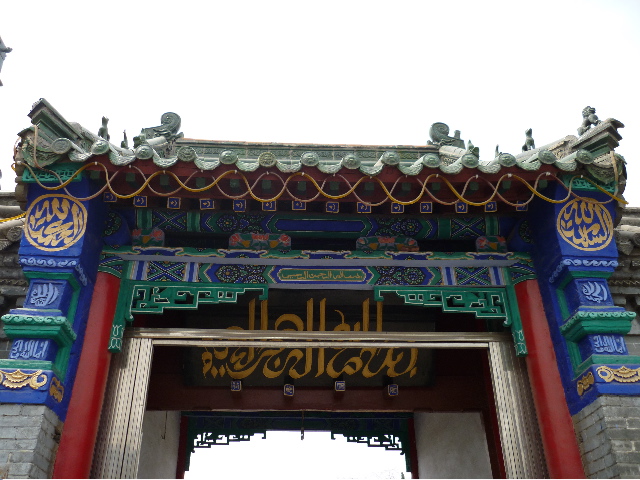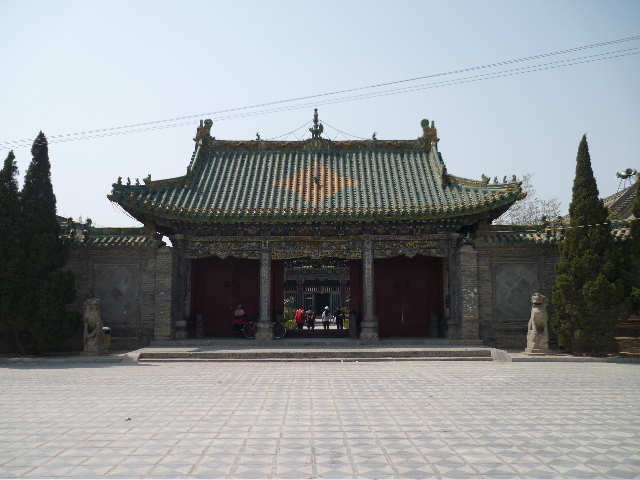Venezuelan authorities deny Yanomami massacre
Venezuelan officials investigating the reported massacre of an isolated Yanomami community say they found no evidence of the attack—a claim dismissed by indigenous advocates.
Venezuelan officials investigating the reported massacre of an isolated Yanomami community say they found no evidence of the attack—a claim dismissed by indigenous advocates.
A Brazilian federal judge in Pará agreed to conduct the first trial against members of the former dictatorship for war crimes during the military’s rule from 1964-1985.
Rights groups warn that the Afro-descendant Quilombo Pontes community in Brazil’s lawless Maranhão state is being “systematically threatened” by gunmen in the pay of local ranchers.
Venezuelan authorities pledge to investigate breaking reports that outlaw miners comitted a “massacre” of an isolated Yanomami indigenous community on the Brazilian border.
A Brazilian judge ruled that permits for more than 120 proposed hydro-electric dams in the Upper Paraguay River Basin cannot be issued without impact assessments.
Brazil’s Supreme Court ordered the release of Amazon rancher Regivaldo Galvão, convicted in the 2005 killing of US nun and rainforest activist Dorothy Stang.
A Brazilian court suspended construction of the controversial Belo Monte dam project on the Amazon’s Xingu River, finding that indigenous people had not been properly consulted.
Brazil has mobilized nearly 9,000 military troops to its borders with four neighboring countries as part of an operation aimed at interrupting narco-trafficking networks.
A federal court in Brazil ordered Chevron and drilling company Transocean to suspend all oil drilling in the country within 30 days in the wake of two spills off Rio de Janeiro.

Trump, the great enthusiast for dictators, suddenly develops a touching concern with democracy in Venezuela, grasping at the opportunity for long-sought regime change. Predictably overlooked in the world media's Manichean view of the crisis are voices of Venezuela's dissident left that takes a neither/nor position opposed to both the regime and the right-wing leadership of the opposition. Also unheard are voices of indigenous dissent and resistance. In an episode that received little coverage, December saw protests in the remote Orinoco Basin after a leader of the Pemón indigenous people was killed in a confrontation with elite Military Counterintelligence troops. The military operation was ostensibly aimed at clearing the region of illegal mining—while the Pemón themselves had been protesting the mining. The indigenous leaders view the militarization of the region as intended to make way for corporate exploitation under the Orinoco Mineral Arc plan. (Photo: EcoPolitica Venezuela)

On his first day in office, President Jair Bolsonaro issued a measure taking away responsibility for indigenous land demarcation from the indigenous affairs agency, FUNAI, and handing it over to the Agriculture Ministry. In the same decree, Bolsonaro shifted authority over regularization of quilombos (Afro-Brazilian collective lands) from the agrarian reform institute, INCRA, to the Agriculture Ministry. The measure greatly weakens FUNAI, taking away its most important function. In practice, key areas of indigenous and quilombo policy will now be in the hands of agribusiness advocates—a long-time demand of the Bancada Ruralista (agribusiness lobby) in Congress. Bolsonaro is openly calling for abolition of Brazil's large indigenous reserves, a move with grave implications for the Amazon rainforest and global climate. (Photo: Kayapo women in Brazilian Amazon, via FUNAI)

For the second year in a row, Brazil has witnessed a deadly prison riot on the first day of the year. A death toll of nine is reported from the central state of Goias. One inmate was decapitated. The violence began New Year's Day afternoon at the rural penitentiary in the outskirts of the state capital, Goiania. Rival criminal factions clashed, broke the barriers of the compound and escaped.